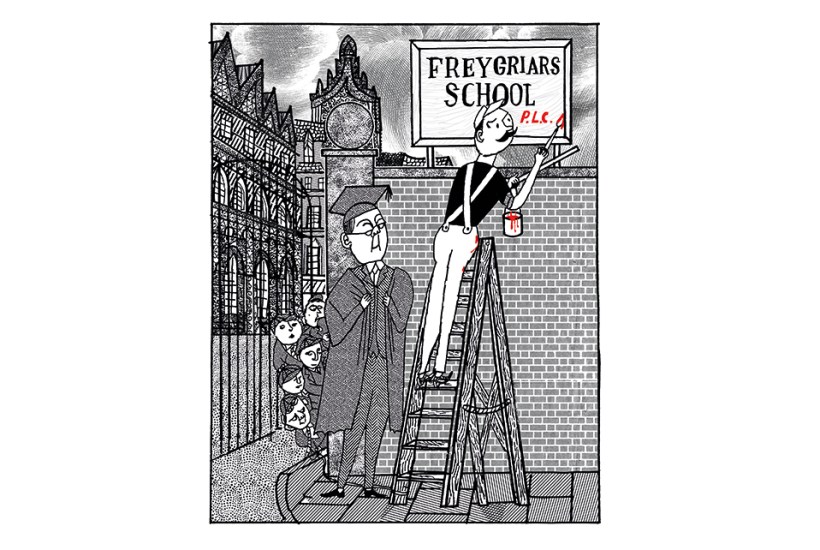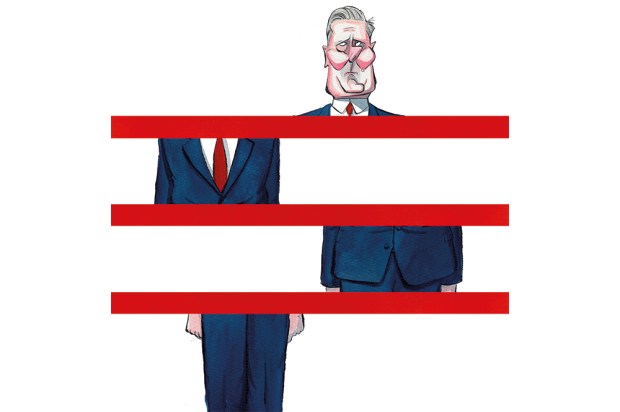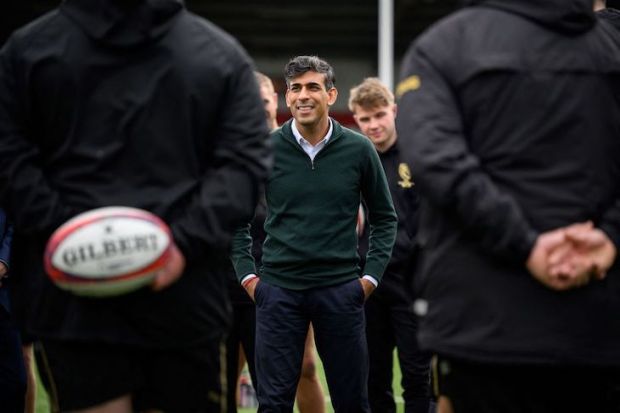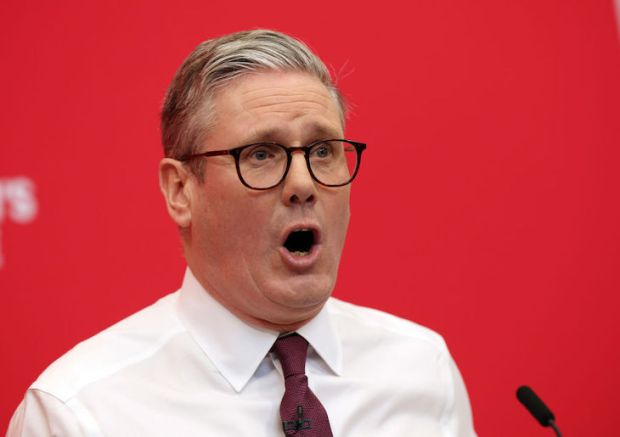Today Labour have confirmed that they will impose VAT on private schools in its first year of power if it wins the next general election, rather than phasing in new charges over several academic years.
In order to improve state education, Labour needs to raise money from somewhere, and private schools are an easy ideological target. The problem is that no one is exactly sure how much money the VAT will actually raise: Keir Starmer has estimated £1.7 billion, but schools will be able to offset certain costs against the VAT (for example, utility bills and building projects).
Inevitably, some parents will also pull their children out of the private sector, although, again, no one knows exactly how many: a survey by the Independent Schools Council found that 20 per cent of parents reported they would ‘definitely’ withdraw their children from private schools. More conservative estimates hover around 3 to 7 per cent, but this would still mean an extra £100-300 million of funding needed annually to accommodate these extra pupils.
If Keir Starmer is serious about shattering the ‘class ceiling’, then he should insist that private schools live up to their charitable status, rather than stripping them of it altogether. One of the most positive changes in education over the past decade has been the enormous increase in bursary provision, which has risen from £596 million to £964 million. Around 30 per cent of students are now on some sort of fee assistance: at my previous school, City of London School for Boys, around one in ten paid no fees at all. I have seen firsthand how transformative these bursaries can be for the brightest and poorest, and how more and more private schools are focusing on ways to ‘give back’, whether through access schemes, community outreach, sharing of resources, partnering with local schools or even setting up new ones (Eton has just been given the green light to open three sixth form colleges in disadvantaged areas).
By penalising private schools, Starmer unfortunately removes this philanthropic incentive and instead turns them into a playground for the very richest – and often international – super-elite. Most of the parents at my school are academics and doctors: wealthy, but not immune to fee rises, and many already make huge sacrifices to send their children here. Given that many of them are very well-educated themselves, they were, ironically, relatively likely to vote Labour – although perhaps not anymore.
If private schools really are a ‘golden ticket’ to success, then surely we need more of them, not fewer?
It is a truth universally acknowledged that aspirational middle-class parents will do anything to get their children into a good school. Therefore if they become priced out of the private sector, this will simply inflate house prices in the catchment area of the best state schools even further. Time and time again we have seen that when wealthy parents sent their children to state schools, standards may rise, but that is not the only thing that increases. For example, houses in Summertown, Oxford, one of the main catchment areas for the ‘Outstanding’ Cherwell School, have an average price of £985,000. Houses near Beaconsfield High School in Buckinghamshire, one of the best grammar schools in the country, are even more, averaging £1.04 million. In London, an average premium of £71,000 is added to the asking price of a home near the best secondary schools. Good ‘non-selective’ schools therefore become selective through other means. It’s not about whether you can pass the entrance exam, but the mortgage threshold.
Private schools, like state schools, also exist on a spectrum. The largest, most famous schools with sizeable endowments will be fine: smaller schools, who are perhaps more rural or cater to a particular audience (like the London Welsh School), may not be. As James Tooley, co-founder of a low-cost independent school in Durham argues, if private schools really are a ‘golden ticket’ to success, then surely we need more of them, not fewer?
By all means hold private schools accountable for their charitable status. Showcase the success stories, like Christ’s Hospital School in West Sussex, where two thirds of pupils are on bursaries, or Latymer Upper School in London, who aim to have 300 pupils on bursaries by 2024. Encourage, or even enforce, more schools to follow Eton’s lead: in 2015 Eton literally took out £45 million worth of debt and now just under 20 per cent of pupils receive discounts on fees. Prioritise means-testing over scholarships – which can become more symbolic rather than financial – so that private schools can become more genuinely socially inclusive.
Adding VAT to private school fees may sound like an automatic vote winner given that most people do not send their children to private schools. The reality is, at best, more ambiguous and complicated; at worst, it will actually worsen social mobility, and undo years of progress in private school philanthropy.
Got something to add? Join the discussion and comment below.
Get 10 issues for just $10
Subscribe to The Spectator Australia today for the next 10 magazine issues, plus full online access, for just $10.




















Comments
Don't miss out
Join the conversation with other Spectator Australia readers. Subscribe to leave a comment.
SUBSCRIBEAlready a subscriber? Log in